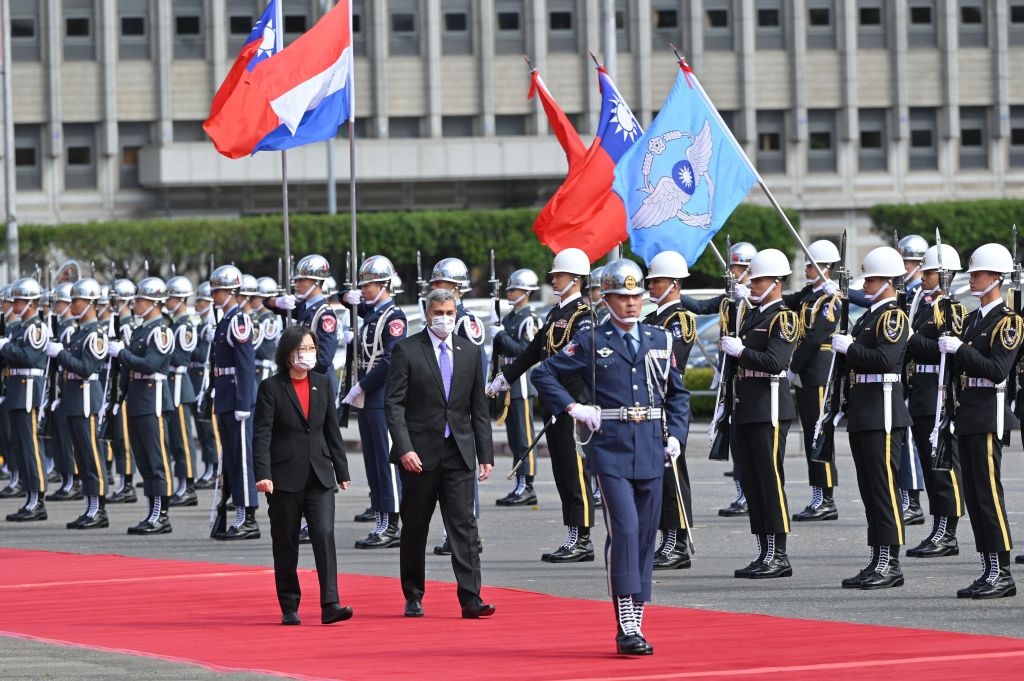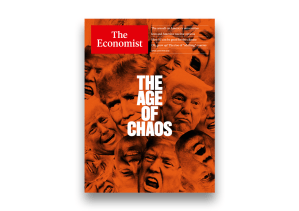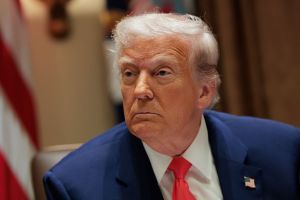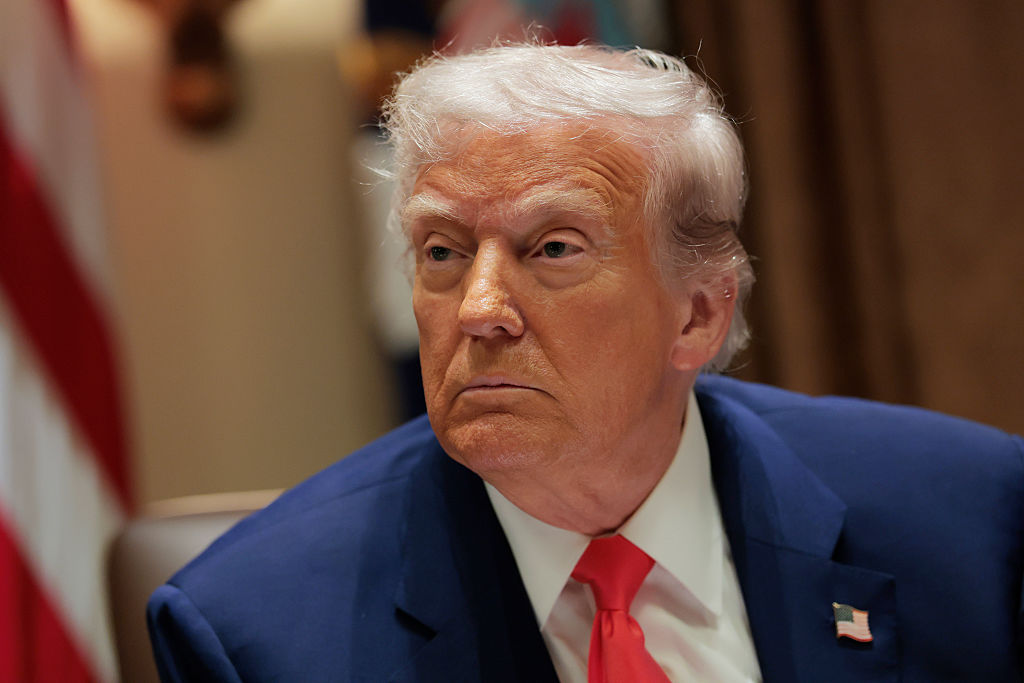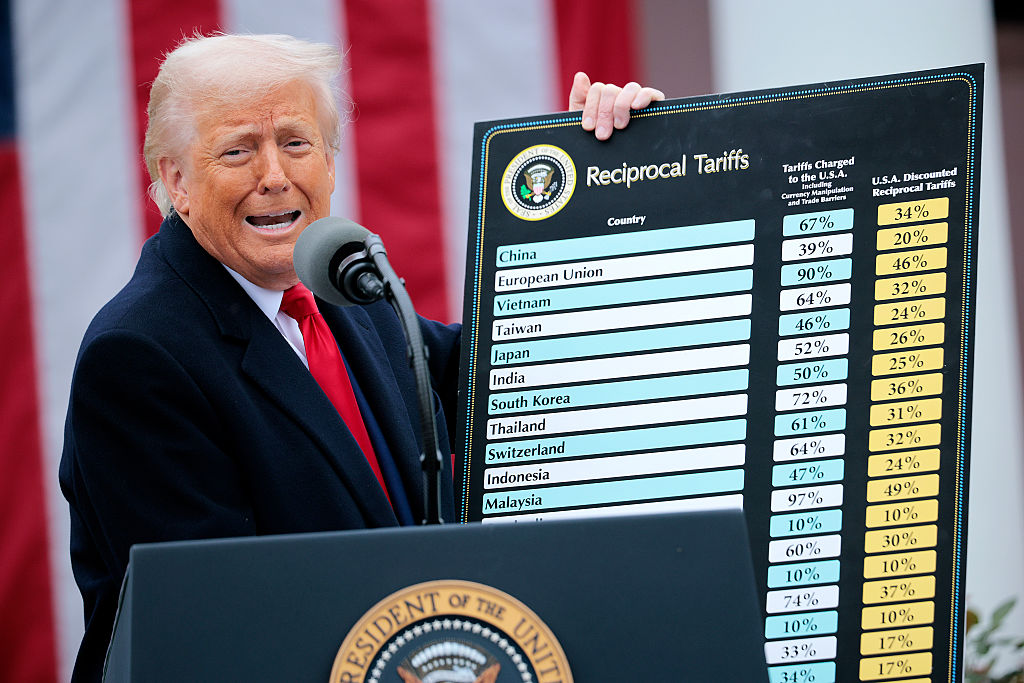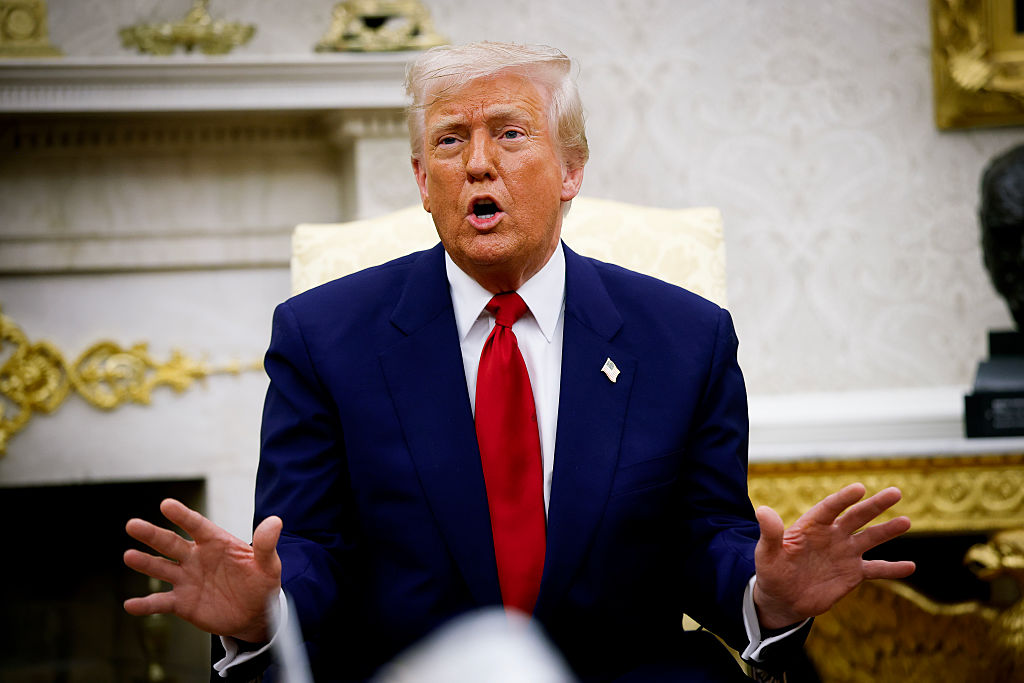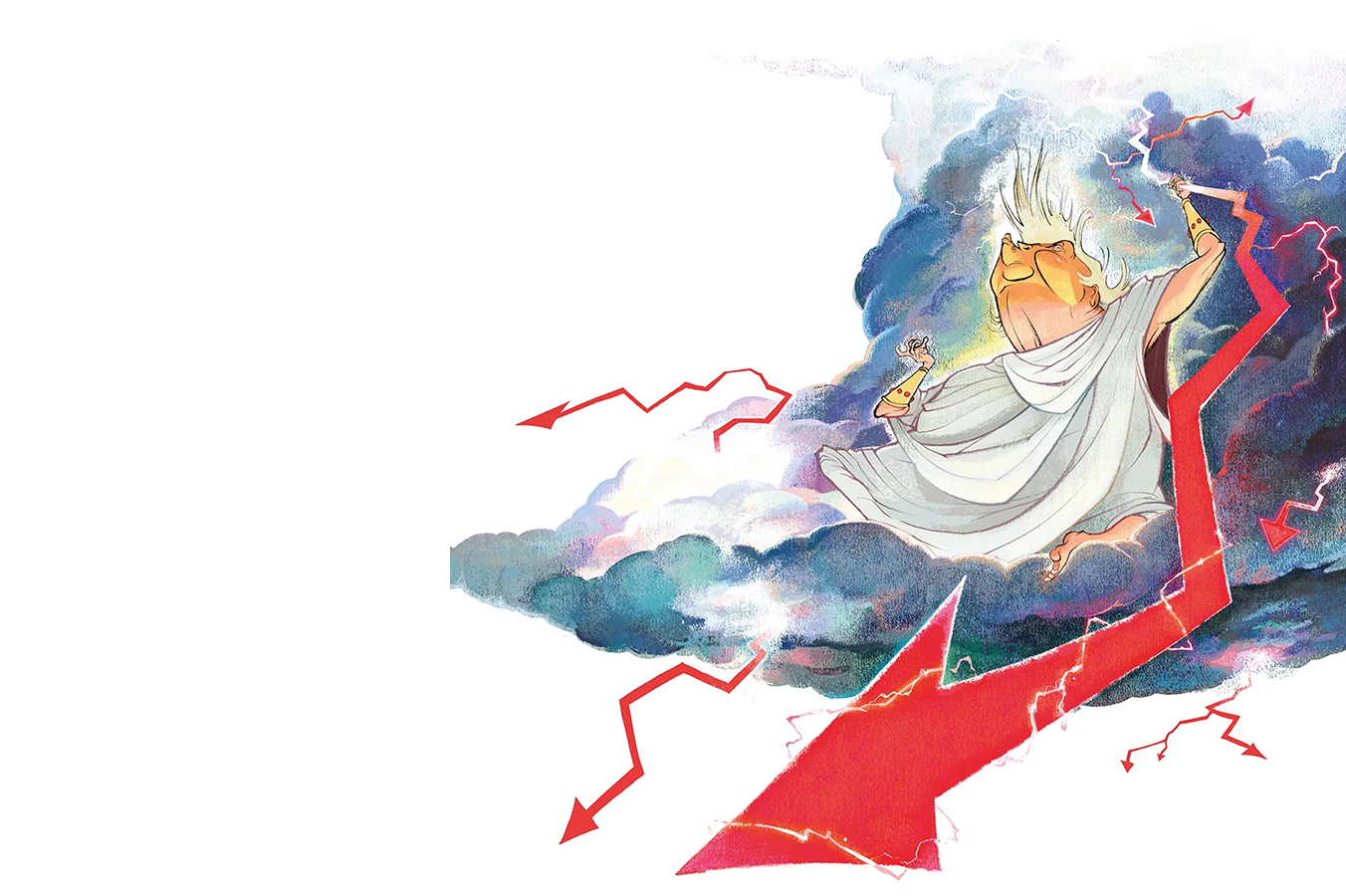On April 30, Paraguayans will go to the polls to select a new president. Though elections in the landlocked South American nation do not typically make headlines around the world, this vote carries outsized geopolitical importance: it could mean Taiwan loses yet another country to China. Opposition candidate Efraín Alegre of the Authentic Radical Liberal Party, or PLRA, has said that, should he win, he will retract Paraguay’s recognition of Taiwan as a country. At present, Paraguay is the largest of just fourteen countries to have formal diplomatic relations with Taiwan and the only one in South America.
Paraguay first recognized Taipei in 1957 while under the dictatorship of Alfredo Stroessner. Shared anti-communism motivated the move, but with the end of the Cold War, that ceased to be a viable foundation for a relationship. Even so, as Taiwan lost much of its international recognition, Paraguay stood by the island. Taipei has made it worth Paraguay’s while; as a flourishing modern economy, it could export electronics (which Paraguay would then sell on the gray market) and extend financial support. The relationship took on a decidedly economic quality, with Taiwan charting a new course of “checkbook diplomacy.”
But Taipei could only compete financially with Beijing for so long. While Taiwan continues to provide Paraguay with aid ($150 million from 2018-23), it pales in comparison to what China has been offering countries. According to one estimate, Paraguay could have received around one percent of GDP per year in support had it renounced its recognition.
Today, the overriding relationship relies on status: the Taiwanese give Paraguay a level of respect that it would never otherwise receive, organizing lavish trips for diplomats and showy visits for high-level delegations.
The Paraguayan movement to ditch Taiwan picked up steam when Fernando Lugo, a left-winger, was elected in 2008. Having toyed with the idea of siding with China, Lugo stuck by Taiwan, perhaps because Taipei and Beijing were experiencing a period of rapprochement. But the agitation persisted. The main group with an interest in moving toward Beijing are Paraguay’s farmers, whose output makes up 10.3 percent of GDP. Beef and soy producers in particular want easier access to China’s massive market, though it should be noted that Paraguay already trades with Beijing through third countries like Uruguay, so the added benefit may not be that substantial.
China, of course, has stepped up its pressure campaign to pull Paraguay away from Taipei. It dangles investment opportunities in front of Taiwan’s allies, often to the tune of hundreds of millions. For a low-income country like Paraguay, this can be an effective ploy.
In September 2022, Paraguayan president Mario Abdo Benítez, a supporter of his country’s recognition of Taiwan, caused a stir when he asked that Taiwan invest $1 billion in Paraguay to “help us to build the argument about the importance of this strategic alliance with Taiwan.” The insinuation was that there were growing forces in Paraguay — and his Colorado Party — that wanted to move on from Taiwan. Benítez later clarified that he was not asking for money in return for recognition, and fully supported the status quo, but the concern the comment engendered clearly had a basis in reality.
The question of Taiwan is not, however, the dominant issue in the election. The primary concern is corruption, which has hit the Colorados particularly hard in recent years. The United States has sanctioned both former president Horacio Cartes and current vice president Hugo Velázquez. Cartes was targeted for “a concerted pattern of corruption, including widespread bribery of government officials and legislators” and Velazquez for “[interfering] with legal processes to protect himself and criminal associates from investigations and [threatening] those who could expose his criminal activity.”
Efraín Alegre, whose PLRA is part of the wider Concertación grouping of political parties, is not new to politics – having run for president in both 2013 and 2018 — and is making corruption a key part of his campaign. He also argues that switching allegiance to China will bring economic growth.
Paraguayo “Payo” Cubas is also in the race for president, and while he is unlikely to win, his candidacy serves to further highlight the salience of corruption. A populist outsider, he has called for instituting capital punishment for corruption.
Santiago Peña is the Colorado candidate for president, and has followed the traditional party position of growth-oriented economic policy. Before Covid, Paraguay’s economy was moving in a positive direction, with the country’s poverty rate having fallen from 40.2 percent in 2004 to 19.7 percent in 2019, so the Colorados have a good record to point to. A potential concern for Peña is intraparty conflict, though the party has largely maintained its unity behind him. In keeping with his party’s position, he has pledged to maintain recognition of Taiwan.
While Taiwan has extensive relationships with countries that do not recognize it, the United States being the most significant, recognition lends Taiwan legitimacy that other quasi-states – like Somaliland, for example — lack. It also ensures that Taiwan has countries to lobby for it in international structures like the UN.
Should China succeed in depriving Taiwan of its allies, it would make the United States look exceedingly weak. If Washington cannot even help Taiwan maintain its few allies, is it really up to the task of protecting the island from invasion?
Washington has multiple options to help retain the status quo in Taiwan’s foreign relations. Some have suggested the US match any aid or loans Taiwan provides, and that Washington facilitate forums for Taipei’s allies to meet. Further, granting regular or semiregular one-on-one meetings of the US president with the heads of state of Taiwan’s allies, or better yet, the president or vice president visiting those allies in-country would be a huge status and confidence boost.
The US can also get creative. Because so many of the countries that recognize Taiwan are small, programs such as offering more scholarships to, say, promising Paraguayan students at US universities (with the understanding that this is a result of Asunción’s friendship with Taiwan), could go a long way.
It is too late for any of this to make a difference before election day, and the presidential race is still wide open. And while Taiwan may not be at the forefront of Paraguayan voters’ minds, the impact of their decision will doubtless be felt on an island on the other side of the world.
This article was originally published in The Spectator’s April 2023 World edition.



